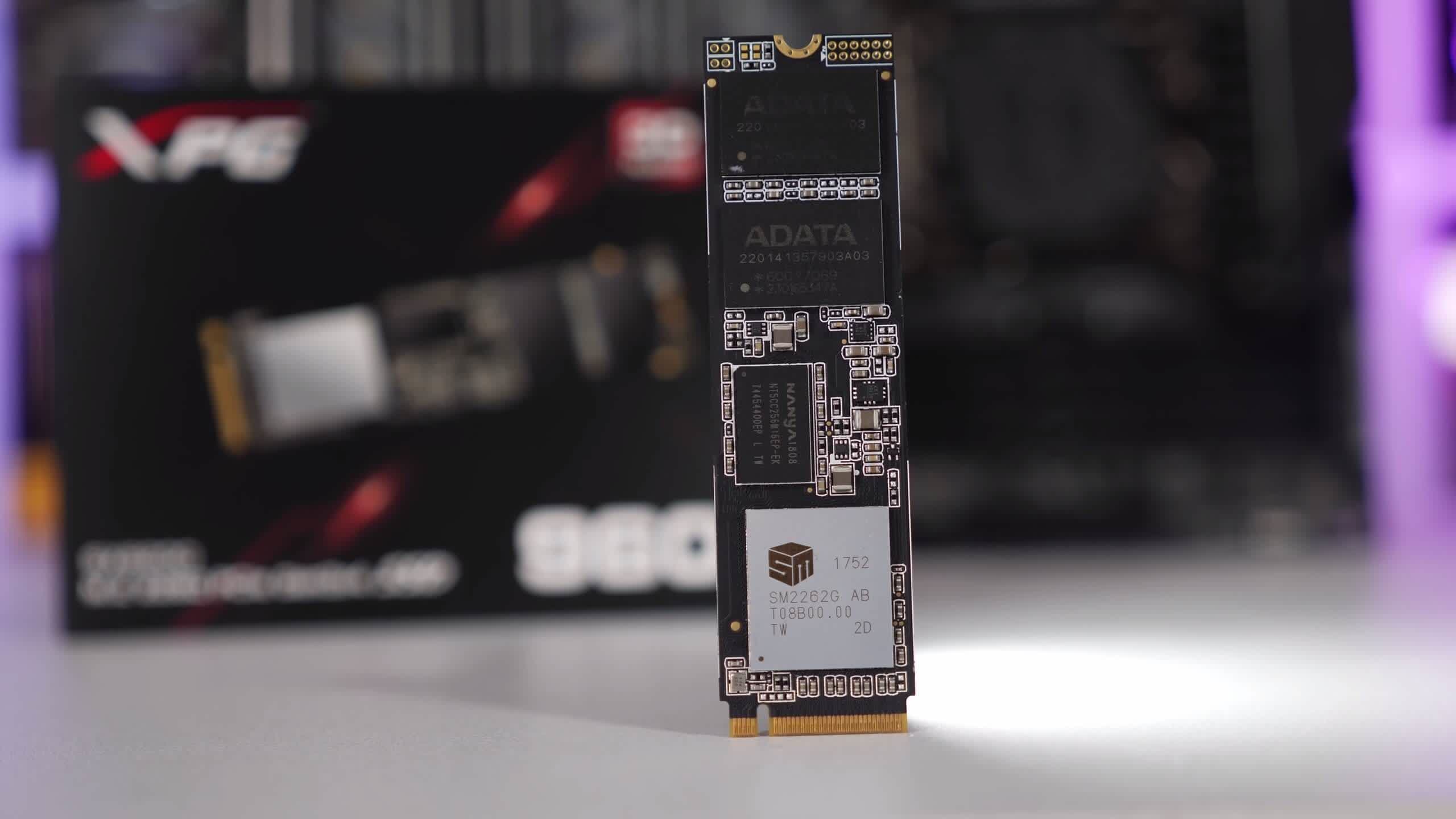Something to look forward to: As SSD and NAND prices gradually decline, analysts now believe the price drops have no end in sight. The latest projections show that next year, consumers may be able to add 2TB worth of SSD storage to their PC for less than $100.

It's safe to say that one of the best inventions for PC components was the creation of NAND flash and the subsequent M.2 SSDs. The ability to store upwards of multiple terabytes of data on a storage device nearly the same size as a stick of gum is fantastic.Unfortunately, M.2 drives with those high amounts of data have been unfathomable for most consumers for a while.
Recently, SSDs have seen significant price cuts and capacity increases. Just six years ago, a 1 TB NVMe drive from Samsung cost nearly $500. Now, the same SSDs go for $90. That's an 80-percent price cut. Analysts believe this steady price decline will continue. Estimations indicate current SSD costs could be cut in half by the middle of 2023. If projections prove correct, 1 TB M.2 SSDs could retail for around $50, 2 TB SSDs might reach sub-$100 prices, and the 4 TB drives approaching the $200 mark might put them within reach of budget-minded customers.

Continued oversupply won't limit price drops exclusively to M.2 SSDs, as SATA SSDs should reach noticeable lows next year. Depending on which brand you choose, a 1 TB SATA SSD might cost anywhere between $50 and $90. We could see these SSD prices fall below current 3.5" hard drive prices.
Trendfocus notes that the primary influence accounting for the recent steep price cuts is OEMs can now produce NAND chips much faster than ever. The contracting tech sector and over-manufacturing resulted in a surplus of products that will not sell at their initially determined price point.

These next few months should be an excellent time for those looking to upgrade their PC's storage. Next year could be even better.
Unfortunately, for AM5 early adopters or those already on Intel's LGA1700 architecture, these price cuts won't affect the upcoming PCIe 5.0 SSDs. Those drives will be a hot commodity, and retailers will likely try to make up losses by taking advantage of the high demand.
https://www.techspot.com/news/96287-analysts-estimate-ssd-prices-drop-50-percent-mid.html